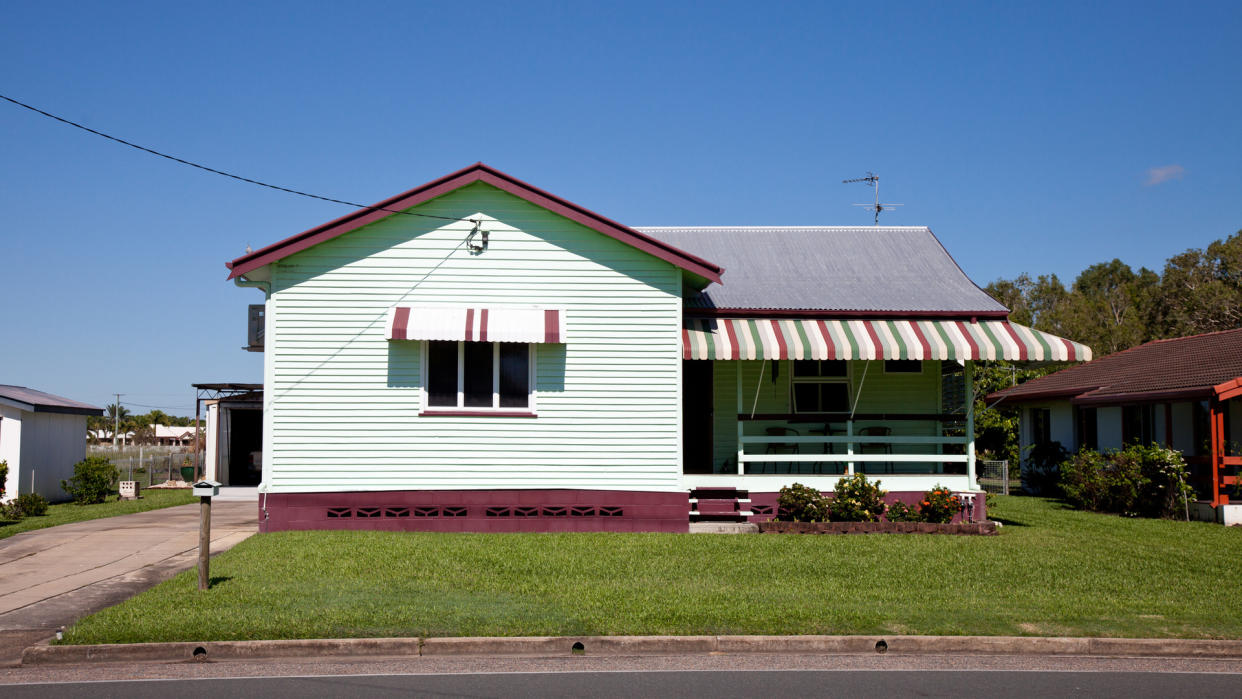How to Use Your Real Estate Inheritance to Build Generational Wealth

Many millennials and GenXers find themselves in the position of inheriting not cash, but a house, from their parents. This often comes as a burden. The adult children need to sell or rent the home if they don‘t want to live in it.
Learn More: 5 Types of Homes That Will Plummet in Value in 2024
Try This: 6 Genius Things All Wealthy People Do With Their Money
But if you flip the way you look at it, the inheritance of an older family home could be the start of a real estate investing side business that can help you save for retirement and build generational wealth.
Even if your parents’ older home doesn’t have appeal as a rental property, you can use a tactic called a 1031 exchange to sell the existing house and purchase a similar property as an investment.
Read Next: In Less Than a Decade, You Won’t Be Able To Afford Homes in These ZIP Codes
Understanding How a 1031 Exchange Works
In a 1031 exchange, a real estate investor sells one type of property and, within 45 days, chooses a new property of the same type (called a “like-kind property) to purchase. The new property can be larger or more expensive, as long as it’s the same type of asset. The Internal Revenue Service views like-kind property as any real estate that’s an investment. You could sell the home you inherited and purchase an office building, multi-unit dwelling or another house, according to Realized1031.com.
The new property must cost the same or be more expensive than the selling price of the original property. If you’re financing any portion of the new property, the loan amount must also be greater than the loan amount on the current property.
Once you’ve found a replacement property, you have 180 days to close. The money from the sale of the first property must be held with a Qualified Intermediary until a new property is selected (within 45 days) and purchased (within 180 days).
Benefits of a 1031 Exchange
A 1031 exchange allows you to avoid capital gains tax on the sale of an inherited home while investing in a new property that has the potential to produce income for you. If you sold the home shortly after inheriting it, you’d trigger short-term capital gains tax. Even if you held the home for a year, you’d have to pay long-term capital gains tax — plus you’d be responsible for the maintenance, upkeep and taxes on it during that time.
Experienced real estate investors use a 1031 exchange to defer taxes on investment properties. But it can be a complicated transaction. It’s best to enlist the help of a professional to assist with a 1031 exchange.
If you’ve inherited a property you don’t wish to keep, but decide that real estate investing could be your path to largely passive income, a 1031 exchange can help you get started.
More From GOBankingRates
This article originally appeared on GOBankingRates.com: How to Use Your Real Estate Inheritance to Build Generational Wealth
